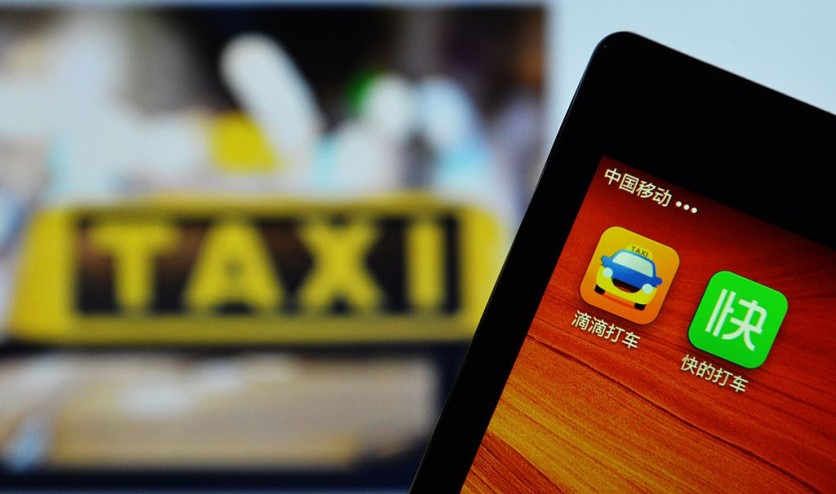
On Apr. 8, Didi Chixung, a popular Chinese ride-hailing company, shut down its operations in South Africa just a year after it launched.
Didi Shuts Down in South Africa
In an exclusive interview with TechCrunch, a Didi official confirmed the closure but did not reveal the reasons for pulling the plug in the country.
Before the shutdown, the spokesperson said that their aim was to ensure a smooth transition for all employees, drivers, riders, and partners before they halt operations.
Didi's launch in South Africa in 2021 had been expected to provide new competition to Uber and Bolt, the main ride-hailing companies in the region and across Africa. However, Didi did not have the same success as its competitors.
Didi hinted that its departure is expected to leave resources for more promising markets like Egypt, where it launched in the last three months of 2021. The ride-hailing company also wants to expand to Nigeria as well.
Also Read : DiDi, China's Version of Uber, Set for One of the Biggest IPOs of the Year: What You Should Know
The Didi spokesperson told TechCrunch that the company has re-evaluated where they can make the most positive impact in the short term and are now focusing on developing even deeper capabilities in other existing markets.
The company's exit comes when taxi drivers in South Africa are calling for the regulation of the sector, citing exploitation and poor work conditions.
Some drivers that went on strike also cited reduced earnings given the increasing fuel prices and the high commissions charged by the ride-hailing companies.
As Didi leaves, Uber, which launched in the country in 2013, has been on an aggressive expansion drive doubling its presence to over 40 cities in 2021 alone, according to ItWeb.
Bolt, which launched in South Africa in 2015, recently expanded its green options after introducing food delivery options in the country in 2021.
In February, Didi confirmed that it would continue its operations in Russia despite the other companies pulling out.
Possible EV Partnerships
According to Automotive News, Didi is currently in talks with Haima Automobile about a partnership to manufacture electric vehicles.
The ride-hailing giant is also discussing potential partnerships with other automakers like Sinomach Automobile Co. Deliberations are also ongoing, and no final decision on the arrangement has been made.
Didi is currently facing a regulatory crackdown in China over its privacy and cybersecurity practices. It is one of the many big tech companies in the country seeking to break into the growing market for electric cars.
The expanding electric vehicle market, which is a key aspect of the Xi Jinping administration's environmental road map, represents a new source of revenue for the company since its main market is saturated and officials are pressuring them to share more of the wealth with the workers.
Didi launched electric vehicles for ride-sharing in late 2020 in partnership with Chinese automaker BYD Co. and has been hiring R&D staff in Shenzhen and Beijing.
A partner like Sinomach or Haima could defray the costs of entry considerably, allowing the ride-hailing company to focus on developing technologies such as self-driving and in-car software.
Haima Automobile said that while it has no such cooperation, it is open to external collaboration.
Related Article: China Asks Ride-Hailing App Didi to Delist from US Stock Exchange-Sensitive Data Leak Feared?
This article is owned by Tech Times
Written by Sophie Webster
![Apple Watch Series 10 [GPS 42mm]](https://d.techtimes.com/en/full/453899/apple-watch-series-10-gps-42mm.jpg?w=184&h=103&f=9fb3c2ea2db928c663d1d2eadbcb3e52)



